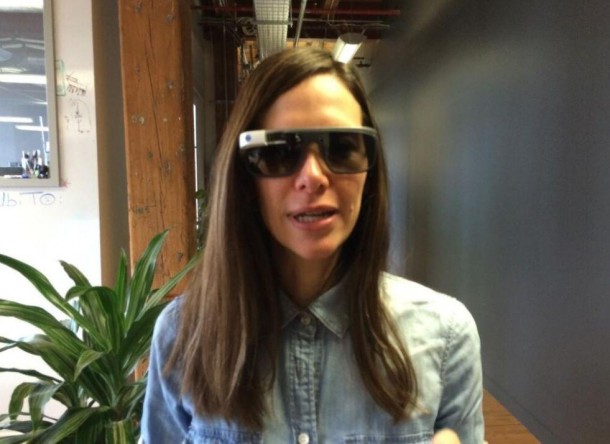Video Games Will Become More Immersive Than Star Trek’s Holodeck Eventually, Ubisoft Boss Says
Ubisoft Toronto managing director Jade Raymond is hopeful that one day video games can be more immersive than Star Trek's fictional Holodeck simulated reality system. During a speech at Gamelab recently, Raymond spoke about how the coming of wearable technology, virtual reality devices, and other further technical innovations will mold the future of gaming.
"We are constantly challenged by new technology, and we're always looking to think of new ways to surprise players," Raymond said during the event in Barcelona, as reported by Pocket Gamer. "I've always believed that one day games would be more immersive than Star Trek's Holodeck. I got into the game industry because I have a lot of questions, and I honestly do believe that games can help up answer some of them."
"I got into the game industry because I have a lot of questions, and I honestly do believe that games can help up answer some of them" -- Jade Raymond
Many are looking to VR devices like Oculus Rift or Sony's Project Morpheus as ways in which game creators can build more immersive experiences. However, commercial versions of those devices are not yet available, and it remains to be seen if VR can have mainstream appeal.
Impacting the future of gaming already, Raymond argued, are mobile games. During her talk she said she expects mobile games to rise in ubiquity and offer deeper integration with our daily lives. But at the same time, Raymond said there exists a lack of meaningful innovation in the mobile space right now.
"Mobile has attracted more people to gaming, but there hasn't been such a creative boom," Raymond said. "What passes for innovation on mobile is the recycling of 40-year-old game design, with real-world gambling and money stuck on top of it."
"These days though, I'm spending a lot more time on mobile games than I am on consoles. The form factor of mobile games is much more adapted to modern life. It fits our reality," she added. "Mobile gaming will become more integrated into our way of life as time goes on, and I like to call this transition 'ambient gaming.'"
For Raymond, "ambient gaming" will blur the lines of artificial intelligence and real-world interactions. "There are currently millions of AI bots on the social networks, and some of them are so good at impersonating humans that you've probably interacted with them without even realizing," she said. "The lines are being blurred, in games, and in reality."
Finally, Raymond said she thinks the game industry is on the brink of highly innovative breakthroughs.
"There are a lot of really exciting things going on, and I think we're on the cusp of a major innovation in games," Raymond said. "Ultimately, all of these connections we have as humans are actually becoming a real thing, and the hive mind is becoming a reality. Add games to that, and its a truly new way to comprehend and share those concepts."
Ubisoft Toronto is currently part of multi-studio efforts on the development of high-profile games like Far Cry 4 and Assassin's Creed Unity.
| Eddie Makuch is a news editor at GameSpot, and you can follow him on Twitter @EddieMakuch |
|---|
| Got a news tip or want to contact us directly? Email [email protected] |









